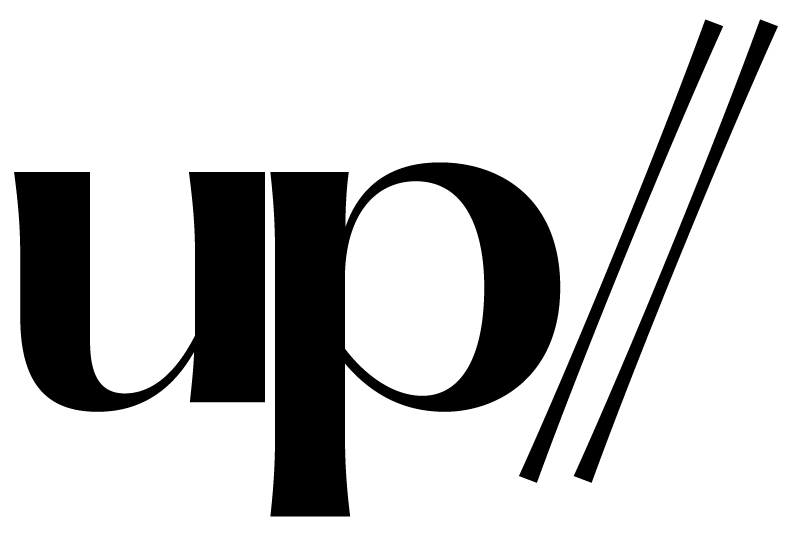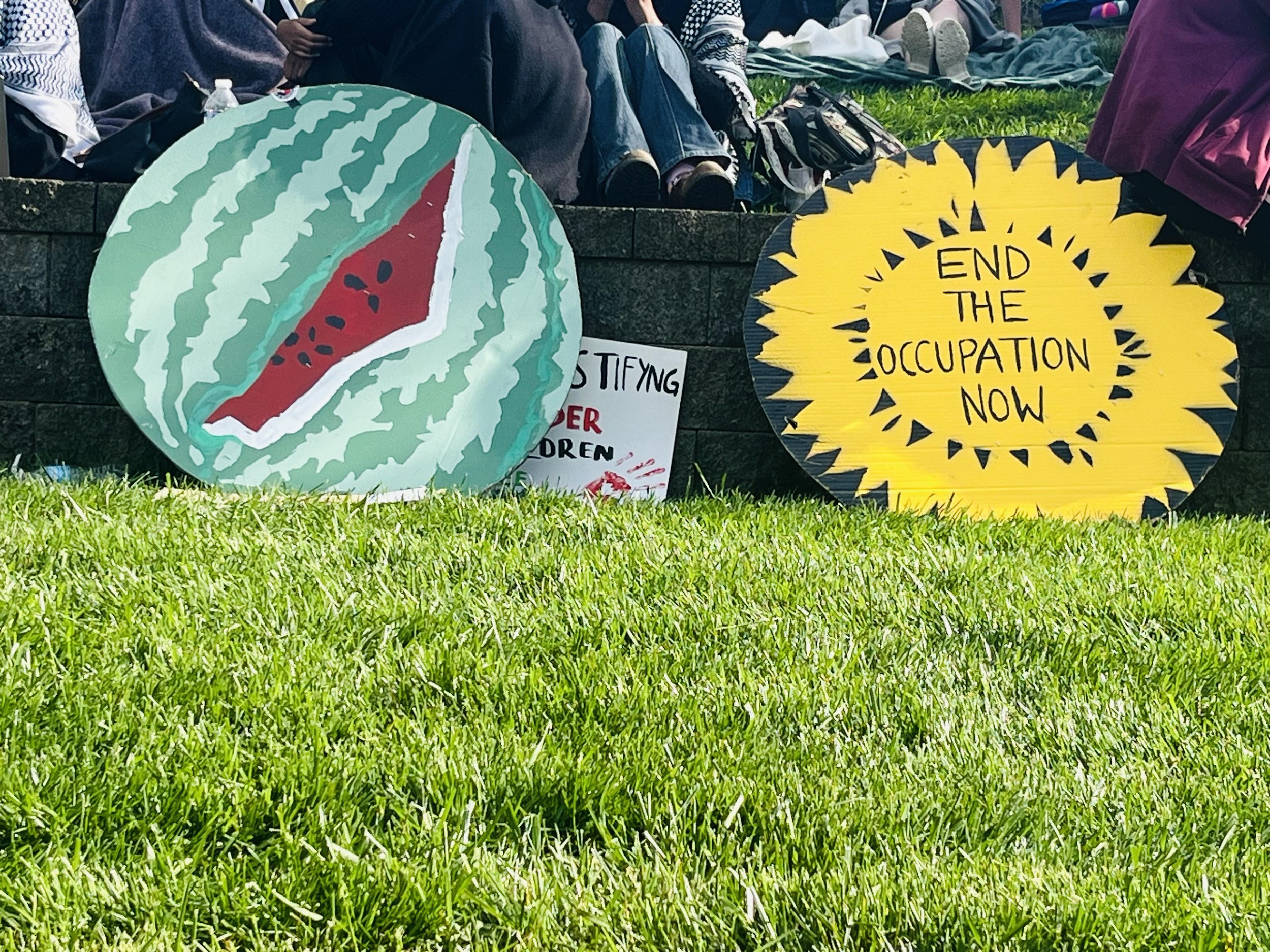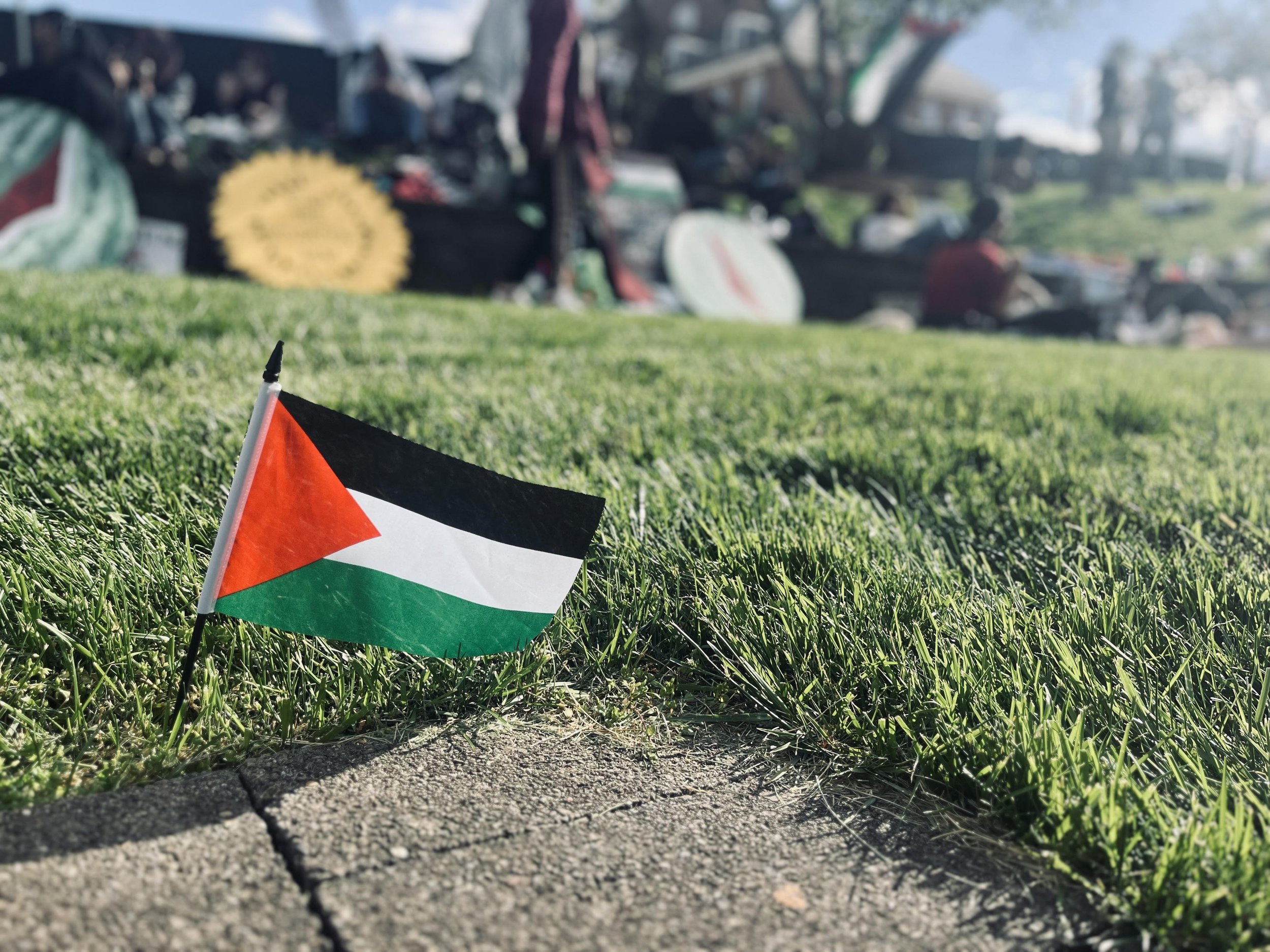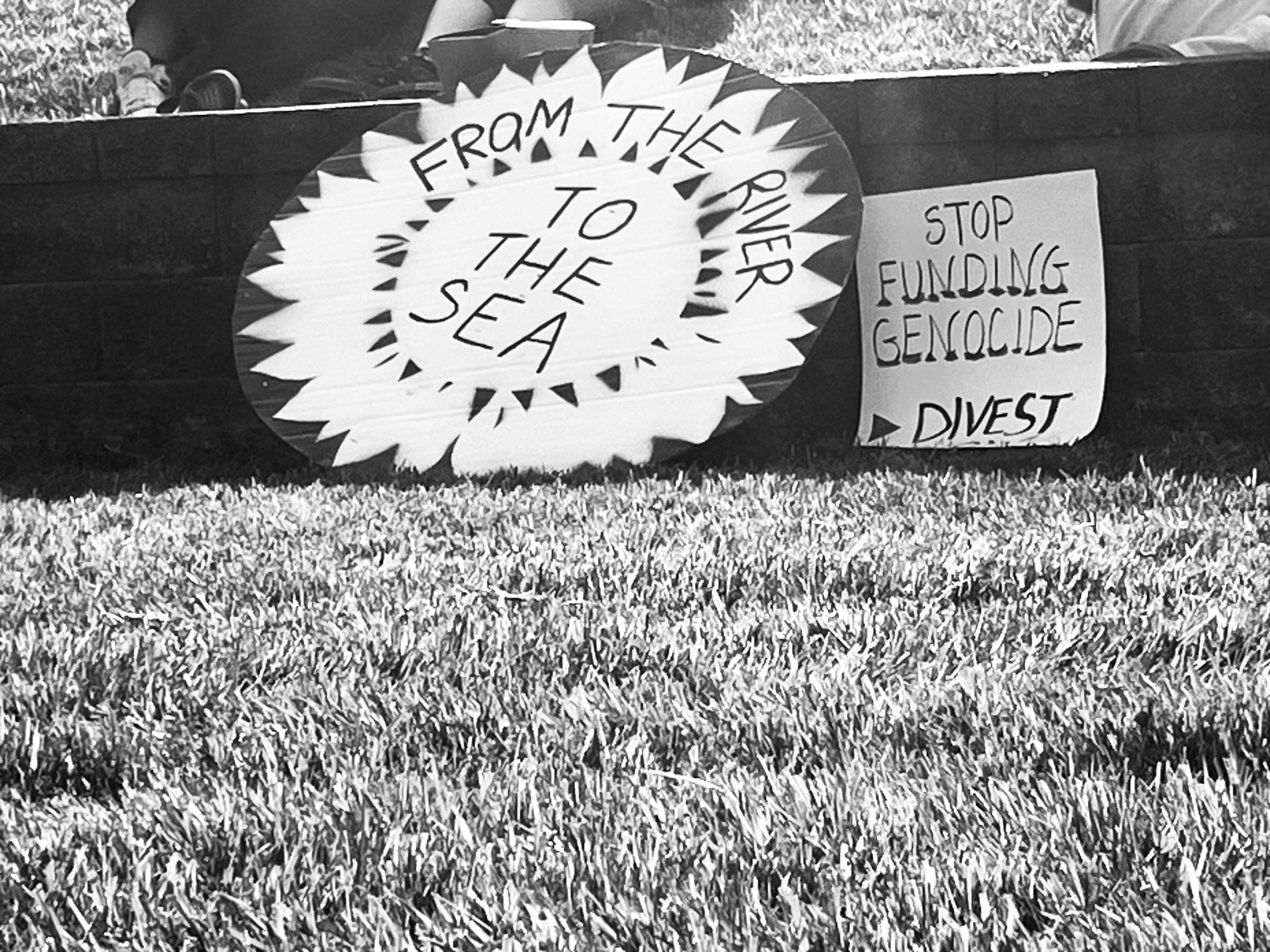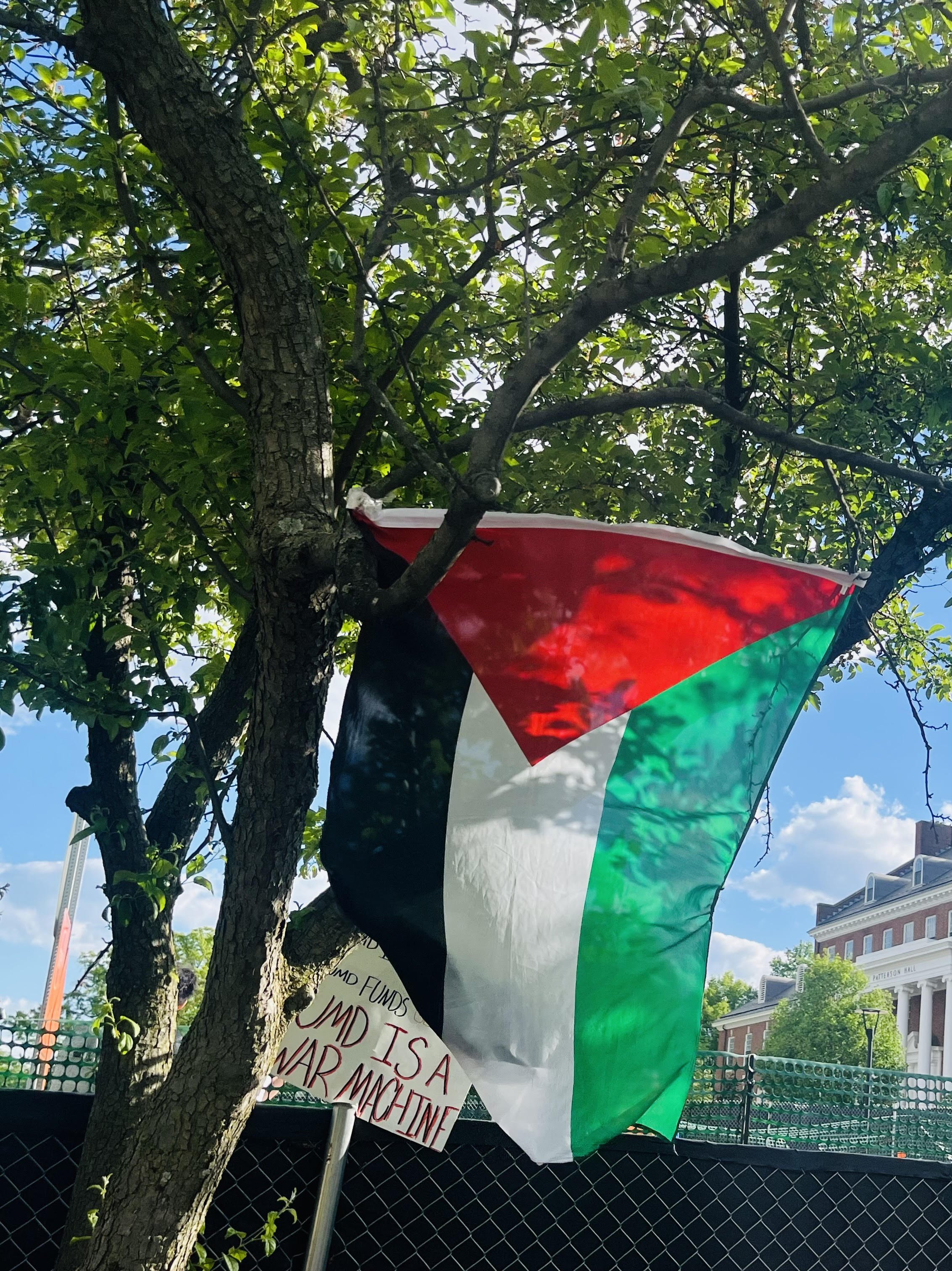Soft Targets: Information Professionals Demand Anti-Colonial Praxis around Palestine
By Alia Reza,
Information Studies Ph.D. candidate,
University of Maryland, College-Park
Introduction
“What thoughts do we have about the Supreme Court decision that the federal government cannot regulate ‘misinformation’ on social media,” I asked my class of college seniors in November 2023.
They talked about censorship and power. They talked about the makeup of the Court. They talked about racism and current events in the abstract. Mostly, they talked about the Trump administration and the harm that government-sanctioned misinformation about COVID-19 had done to Americans. Until one student raised his hand and pointed out, “If the Biden administration was able to regulate social media based on its own definition of misinformation, we wouldn’t be seeing anything from the ground in Gaza. It would just be another form on censorship.”
I smiled at him. At his bravery. His willingness to say out loud what the room had undoubtedly been thinking. And, in a moment of pride, I said, “You’re probably right.”
That same day, I became the victim of an online harassment campaign started by an anonymous person based at my university. Without question, the two events were related. But the lack of physical proof left the university unable to do anything but attempt to censor my course further, and try to convince me to leave the classroom.
Why does speaking up for Palestine get you harassed and fired? When did standing against apartheid — even in a classroom setting — becomes an act of extreme bravery? My story is far from unique. In fact, in the grand scheme of misinformation and censorship around Palestinian liberation, it’s mild.
So what’s actually going on with spaces of education and public information? Why and how do they continue to censor Palestine? For this piece, I collaborated with members of Librarians and Archivists for Palestine (LAP), a group of information professionals working in solidarity with the Palestinian struggle for self-determination. LAP members are not necessarily Palestinian themselves, but they fight to keep Palestine in the public eye in institutions where it would otherwise be censored.
I’m not Palestinian. I’m not the voice of Palestine, or the Middle East, or even the central voice of liberation. Like most people in LAP, I’m simply doing everything I can at my own institutions. The voices that make up this article and the complementary stories are those of people who want to do everything we can to help the Palestinian cause, but often find ourselves hindered by the inability — or unwillingness — of Western library and information circles to provide and engage in holistic information and discourse regarding Palestine.
————
The Problem
We live in a world where Western media labels anything said against Israel “anti-Semitic” (Abu Laban & Bakan, 2022; Modood & Sealy, 2022). Such conflations frustrate information professionals trying to inform the world about Palestine.
The 2008 Jerusalem Declaration on Antisemitism states that critiquing Zionism as a form of nationalism and comparing it to historical cases of settler-colonialism and apartheid is not antisemitic. Yet the conflation stands, largely because the declaration still insists on a vague “principle of equality.” What the declaration and Western media both fail to realize is the lack of equality in settler colonialism. The rights of the indigenous population should not be subject to the feelings or desires of a settler majority.
But mis- and disinformation clouds these otherwise obvious principles. While not all Palestinians are Muslim, and not all Muslims are Palestinian, anti-Palestinian sentiment relies heavily on anti Muslim sentiment. Ironically, Zionism has reinforced both the spread of “Islamophobia” and antisemitism, as both are colonial forms of prejudice. Anti-Muslim sentiment is painted all over Zionist media coverage: deliberately calling Hamas a “terrorist” group to reinforce the stereotype of Muslim terrorists and using words like “Palestinian minor” to refer to Palestinian children. The heightening of antisemitism via Zionism is more subtle; narratives conflating Judaism and Zionism create a false sense that Judaism condones settler colonial apartheid and genocide leading to an increase in antisemitism.
Although it is important to recognize and denounce both forms of prejudice, it is vital to understand that anti-Muslim sentiment is more often perpetuated by media, and often societally seen as more acceptable, than antisemitism.
Additionally, the racial gaslighting of Palestinians — including claims that they are not indigenous to their own land or that their own memories of the 1948 Nakba are incorrect — has become widely prevalent in the twenty-first century (Abu-Laban & Bakan, 2022; Al-Hardan, 2013; Modood & Sealy, 2022; Said, 1978). This kind of identity erasure is common in settler colonial projects (see Ahmed & Mukherjee, 2012; Riaz, 2010; Sa’di, 2020; Said, 1978), as is the reliance on onlooker prejudice. After October 7th, 2023, racial gaslighting manifested via eschewing Palestinian identity in any media or organizational coverage of the incident.
Ignoring Palestinian perspectives and existence might be a less overt form of misinformation, but doing so still communicates an illegitimacy to Palestinians’ land rights and their very existence.
Student sit-in for Palestine at the University of Maryland, College Park. April, 2024
Next Steps
What can we, as information professionals, do to help Palestinians and other affected communities and continue to disseminate information about the Palestinian cause? First, we must acknowledge the impact that Israeli aggression has on people in our immediate vicinity. The exclusion of Palestinians from conversations about their own land and the emphasis on anti-Muslim rhetoric in Zionist propaganda leads to the erasure of Palestinian, Arab, and Muslim populations overall. Their grief and isolation can no longer be swept under the rug by information institutions hiding behind government funding and political correctness.
Additionally, as university encampments sweep the nation, we have a responsibility to Palestine and to the students at our own institutions to support the voices and demands of the protestors. This includes calls for universities to divest from Israel and end policing and censorship around Palestine. It is our duty as information professionals to assist in elevating the voices of students and educators putting their education, careers, and even their safety on the line to fight for justice. Each of us must take note of the physical, material, and emotional needs of these groups and attempt to create programming, provide resources, or provide safe spaces for them.
Many of the participant accounts here describe instances where their institutions provided care and coverage for Israeli and Jewish groups, but refused to do so for Palestinian, Arab, and Muslim groups. Not only is this misinformation, but it goes against all efforts of public information institutions to provide communal services and justice efforts for their surrounding communities.
The stories you will read in the attached vignettes detail the efforts and struggles of those who have fought for disseminating information about Palestinian resistance in their own institutions. Some have been met with success, others with heartbreaking dismissal - but each remains dedicated to truth.
Survey Responses
References
(1)Abu-Laban, Y. & Bakan, A. B. (2022). Anti-Palestinian Racism and Racial Gaslighting. The Political Quarterly 93(3), 508-516. https://doi.org/10.1111/1467-923X.13166
(2) Ahmed, R. & Mukherjee, S. (Eds.) (2012). South Asian Resistances in Britain, 1858-1947. A&C Black.
(3) Al-Hardan, A. (2017). Memories for the Return? Remembering the Nakba by the First Generation of Palestinian Refugees in Syria. Journal of Holy Land and Palestine Studies 16(2), 177-192. DOI: 10.3366/hlps.2017.0164
(4) Modood, T. & Sealy, T. (2022). Beyond Euro-Americancentric Forms of Racism and Anti racism. The Political Quarterly 93(3), 433-441. https://doi.org/10.1111/1467-923X.13138
(5) Riaz, A. (2010). Madrassah Education in Pre-colonial and Colonial South Asia. Journal of Asian and African Studies 46(1), 69-80. DOI: 10.1177/0021909610387758
(6)Sa’di, A. H. (2020). Orientalism in a globalised world: Said in the twenty-first century. Third World Quarterly 42(11), 2505-2520. https://doi.org/10.1080/01436597.2020.1788935
(7) Said, E. W. (1978). Orientalism. Pantheon Books.

